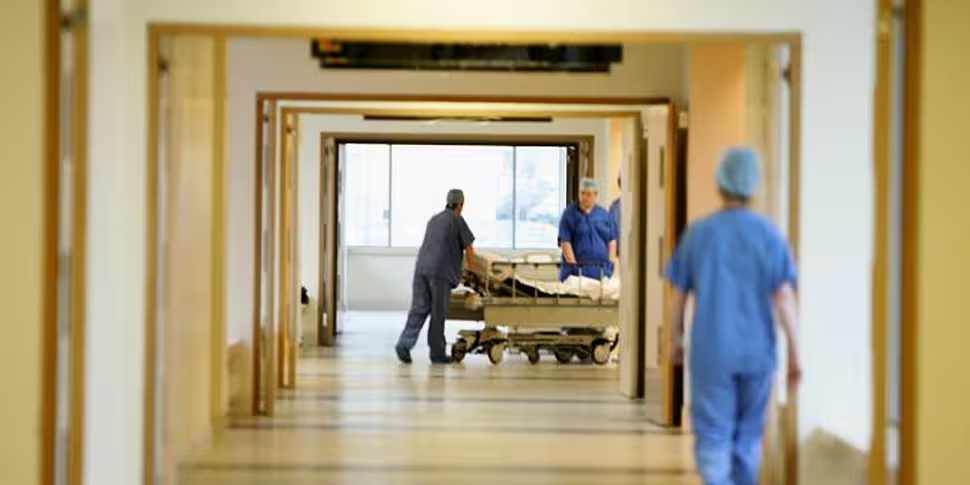The controversial cut to mental health funding has been reversed, it was confirmed today.
Government ministers were criticised in April after it emerged that money originally ringfenced for mental health services had been transferred to other areas.
Minister for Health Simon Harris announced this afternoon that the €12 million allocation had been restored as part of a major new spending package for the HSE.
The funds will be used to recruit more staff, provide more streamlined services for homeless people and develop perinatal mental health services, according to Minister of State for Mental Health Helen McEntee.
"Upon taking office a few short weeks ago, my main priority was to listen to the concerns of both service users and those providing the service," she said.
"One of the very clear messages from them, coupled with public concern, was to see the mental health budget for 2016 restored, and rightly so."
The announcement comes after the Cabinet earlier approved a €500 million top-up to the health service's budget for the year.
The funding injection aims to also protect disability services, tackle the trolley crisis and provide extra home help hours.
The budget increase is conditional on improved governance and accountability, particularly in acute hospitals, according to Department of Public Expenditure and Reform.
Taoiseach Enda Kenny told the Dáil this evening that senior HSE personnel will be expected to ensure extra resources are used in the best interest of patients:
And Mr Harris warned the budget will not be increased again in 2016:
Dr Shari McDaid of Mental Health Reform welcomed the move overall but called for more money to be invested in services.
“In the context of a €500 million additional health allocation, €12 million is a relatively small amount to restore to mental health," she said.
"The reality is that funding for mental health services in Ireland significantly lags behind best practice in other countries - for example in the UK, where mental health funding is at approximately 11% of the overall health spend compared to just 6.5% here."
Meanwhile, figures published today point to a recent easing of the overcrowding crisis in emergency departments.
The INMO union's "Trolley Watch" analysis for May shows a 14% reduction in the number of patients on trolleys (6,627) compared with the same period last year.









